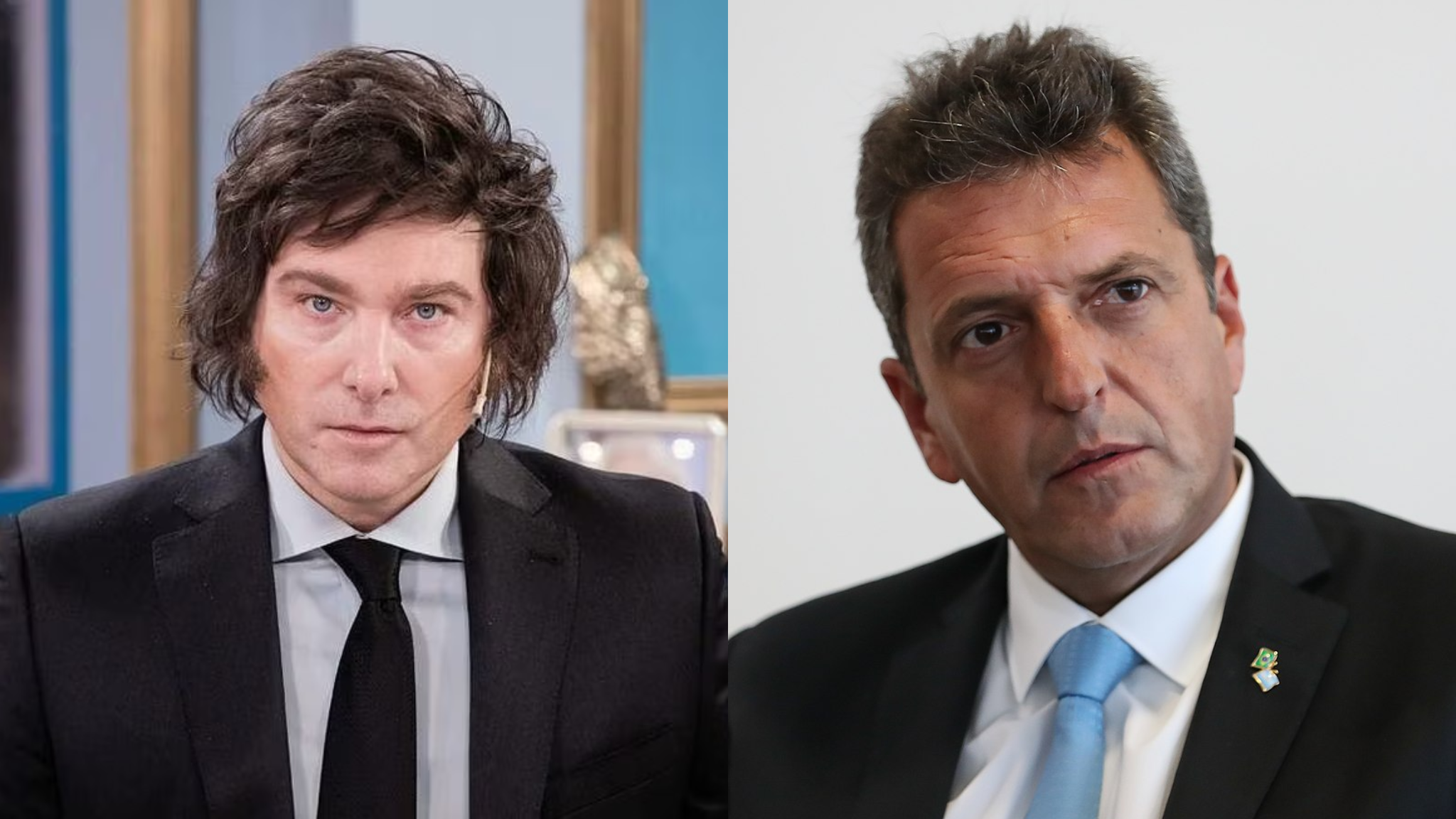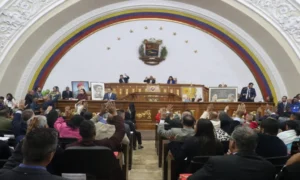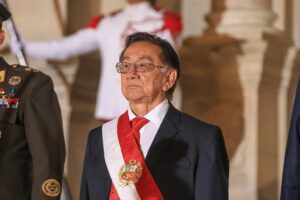
Published 29/08/2023 16:43 | Edited 8/30/2023 12:30 PM
After unusual electoral previews in Argentina, the country’s political scene is boiling with the prospect of a second round between the ultra-rightist candidate, Javier Milei, and the current Minister of Economy, Sergio Massa. The Simultaneous and Mandatory Open Primaries (Paso), which took place on August 13, defied expectations and revealed an electorate in search of alternatives.
Surprising the predictions, Milei won first place in Paso, accumulating 30.04% of the votes, while Massa, representing the government wing, secured second place with 21.4%. The third position went to Patricia Bullrich, with 16.98% of the votes.
To guarantee victory in the first round, on October 22, an Argentine candidate must receive at least 45% of the votes or 40% with a lead of more than ten percentage points over the runner-up. The electoral turnaround paved the way for a possible second round, scheduled for November 19.
Read too: Argentina: Far-right encourages looting and chaos ahead of election
Post-Paso polls draw a competitive picture between Milei and Massa. In the survey carried out by Analogías consultancy, Milei reached 32.15% of the voting intentions, while Massa won 26.8%. Patricia Bullrich appears with 20.9%, demonstrating that the electoral race is far from predictable. The research conducted by Opinaia, however, highlights a technical tie between Massa and Bullrich, with Milei leading with 35%, followed by Massa with 25% and Bullrich with 23%.
However, a survey carried out by the Faculty of Psychology at the National University of Buenos Aires (UBA), the most important in the country, revealed that half of those interviewed (50%) believe that Argentina would be in better conditions under Milei’s presidency than in the current scenario. This study also highlighted that the final decision on the country’s next leader will only take place in November.
Read too: Argentina: market paid to see (and saw) the advance of the extreme right
Currently, the government is seeking to contain Milei’s rise through economic measures aimed at mitigating the impacts of the crisis. To this end, Sergio Massa announced a package of measures to alleviate the economic situation of sectors hit by the crisis and ease the effects of galloping inflation, which could reach more than 100% a year by the end of 2023.
As part of these actions, Massa, on a quick trip to Brasília this Monday (28), discussed economic aid initiatives for Argentina with the Lula government. In addition, the Argentine minister presented a package of measures to alleviate the effects of the devaluation of the local currency and the increase in domestic prices. Measures include issuing bonuses for civil servants and retirees, strengthening the food card for low-income families with children and providing lines of credit for workers.
Read too: Argentina and the gigantic challenge of defeating the extreme right
The Argentine political scene remains fluid, with the polarization between the extreme right represented by the right-wing Milei and the Peronist government of Massa promising a fierce electoral confrontation. The stunning Open Primaries set a new stage, prompting candidates to reevaluate their strategies for winning candidates and shaping the South American nation’s political and economic future.
__
with agency information
Source: vermelho.org.br

